Search
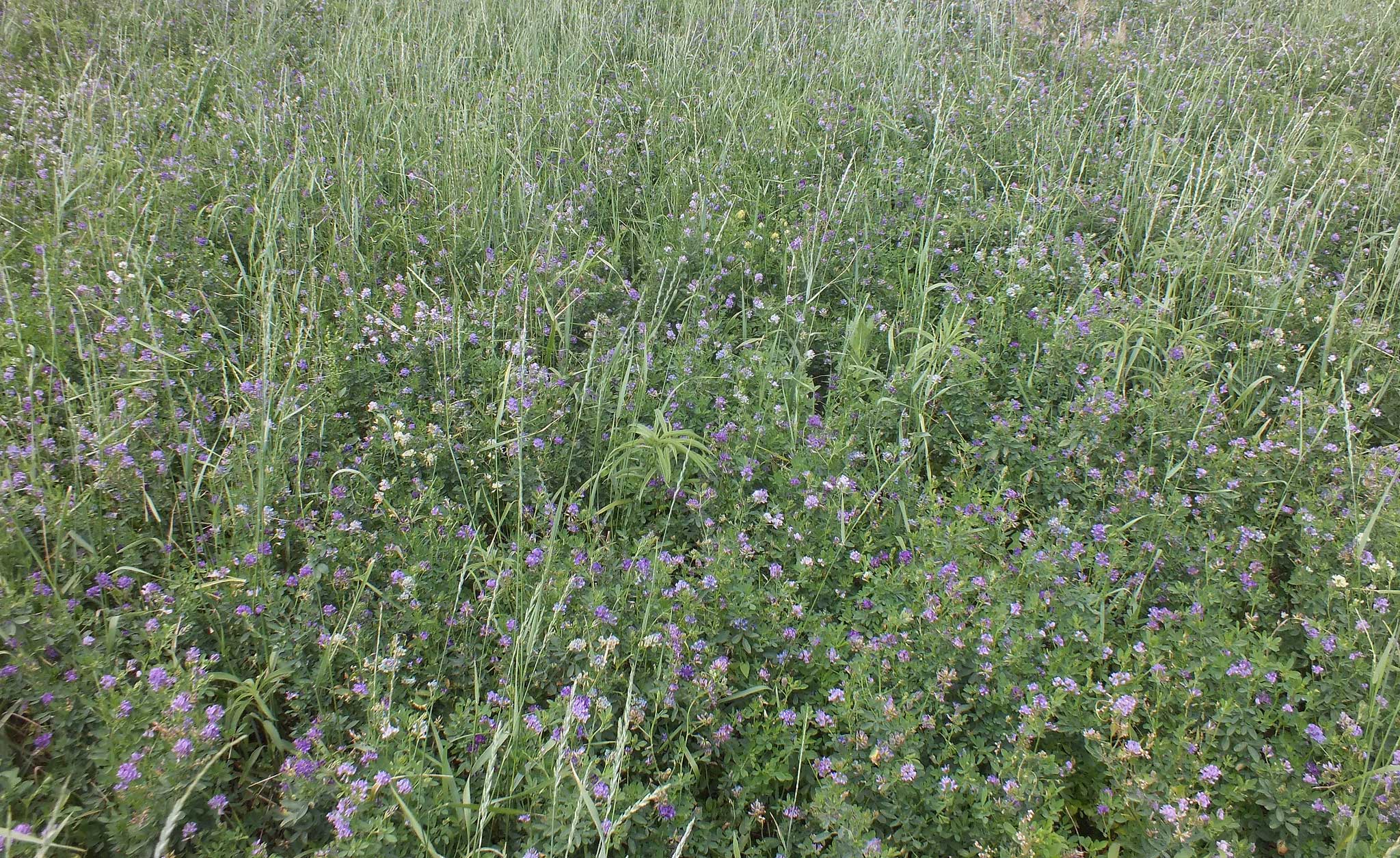
Nitrate QuikTest for Forages
The Nitrate QuikTest for Forages is available at various SDSU Extension locations and veterinary clinics across the state and is designed to be used with standing forages prior to harvesting for hay or grazing.
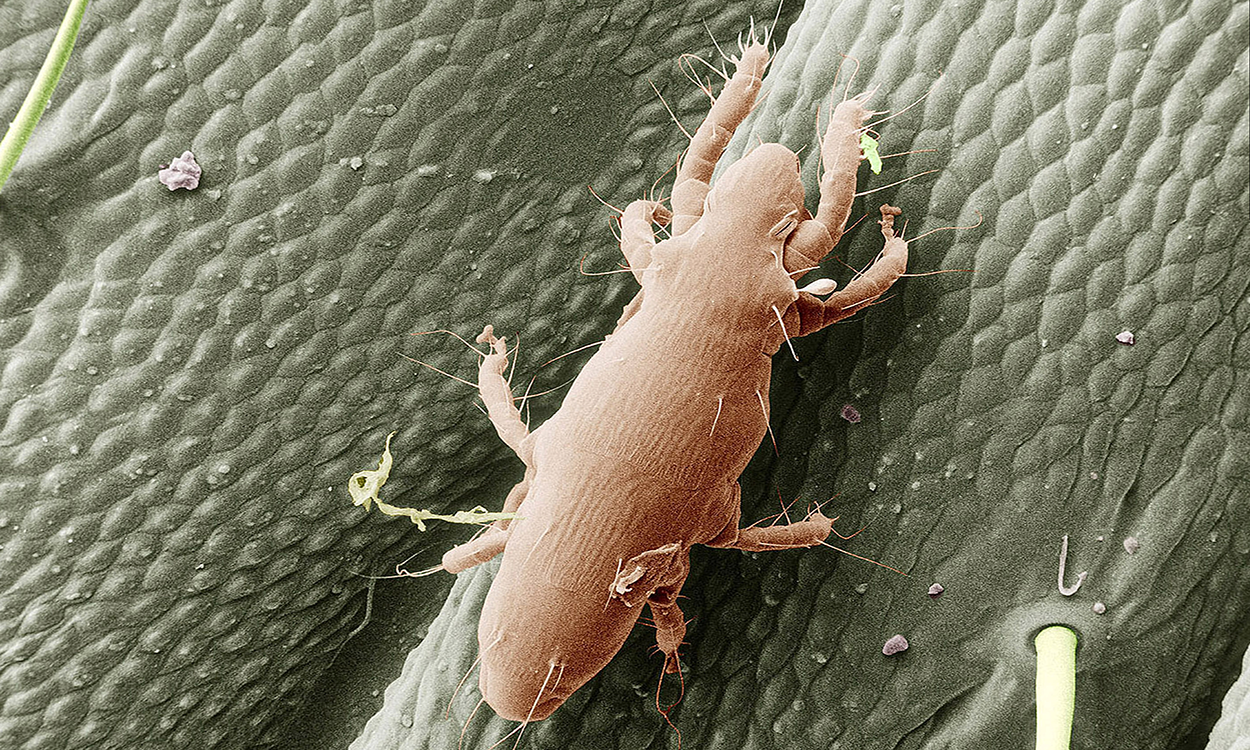
Straw Itch Mites
Straw itch mites, also known as hay mites or grain mites, can be a major problem when present in hay or grain. The best way to avoid a straw itch mite infestation is to keep commodities at low moisture levels and bale straw when it is thoroughly dry.
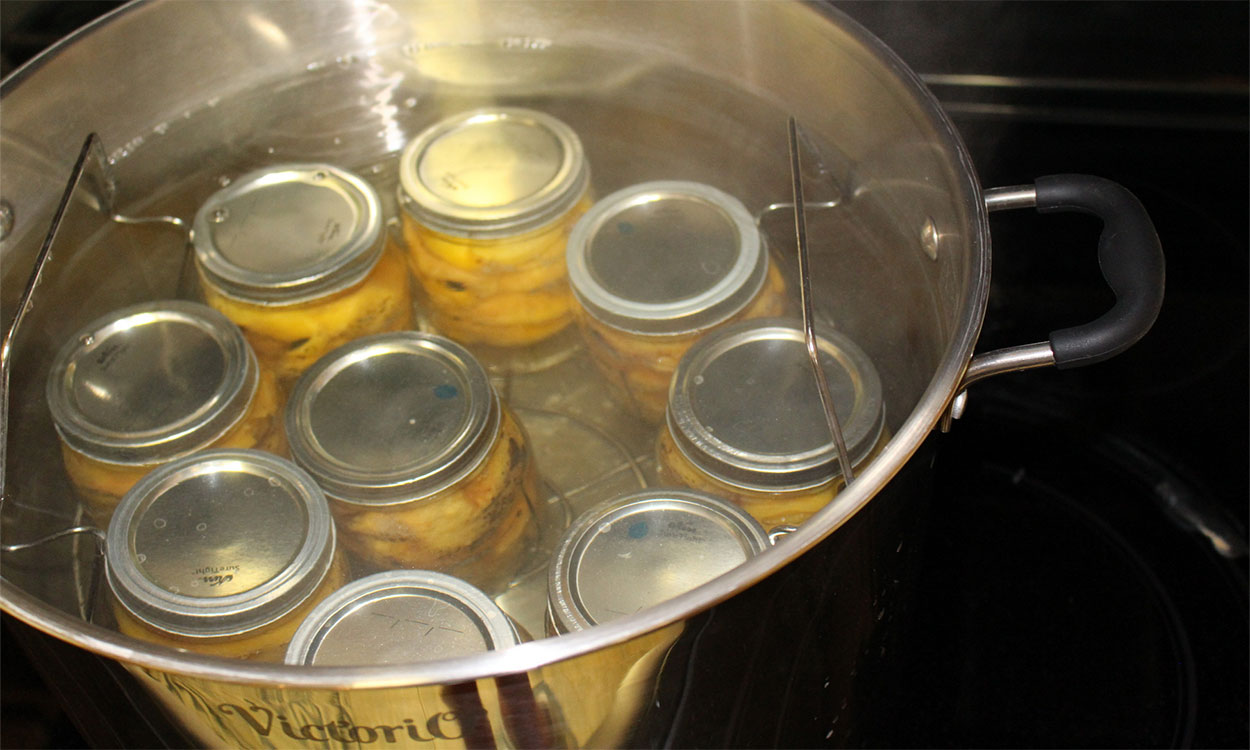
How to Can Peaches
While peach season is only May through September, you can enjoy peaches all year by preserving them through safe canning methods. Learn how to can peaches in your own kitchen with these step-by-step instructions.

Preserving Herbs
Fresh herbs add amazing flavor to recipes during the summertime! Their great flavors can be carried over to cooler seasons through the preservation of the plants and leaves, and the two best ways to extend the life (and flavor) of herbs is through freezing or dehydrating.
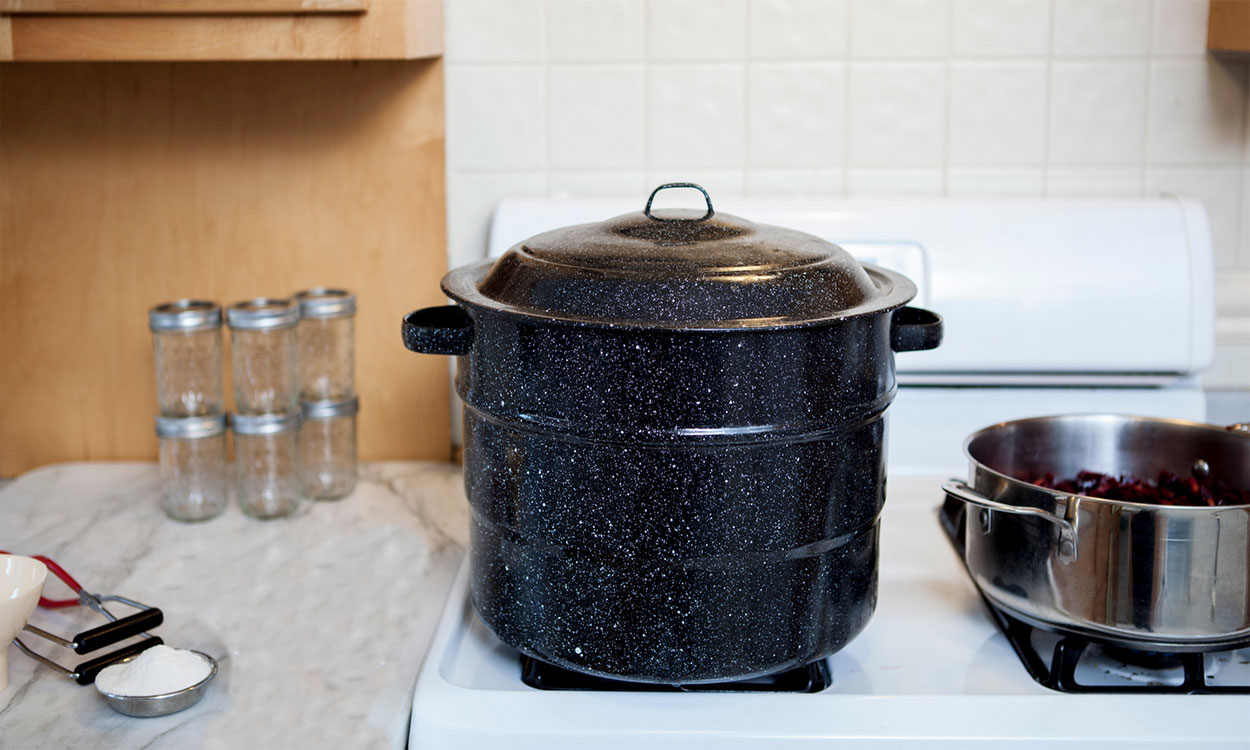
Canning With Less Sugar
As low and no-added-sugar food products have become increasingly popular, new alternative canning recipes have been created. It is possible to preserve fruits with little or no added sugar, which is great for those who prefer reduced calories.
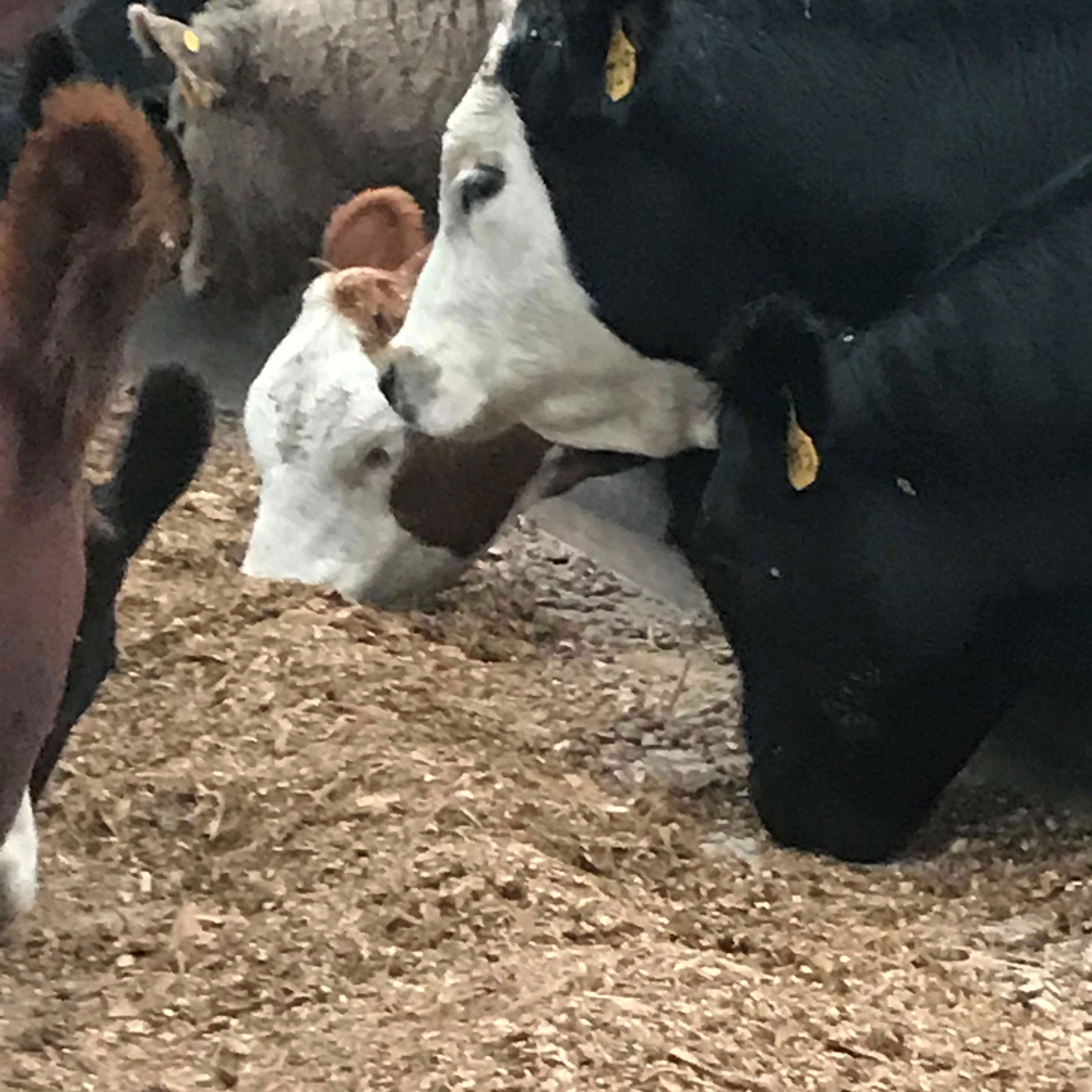
Frequently Asked Questions - Forage Nitrate Toxicity in Ruminant Livestock
A fact sheet to address frequently asked questions about forage nitrate toxicity in ruminant livestock.
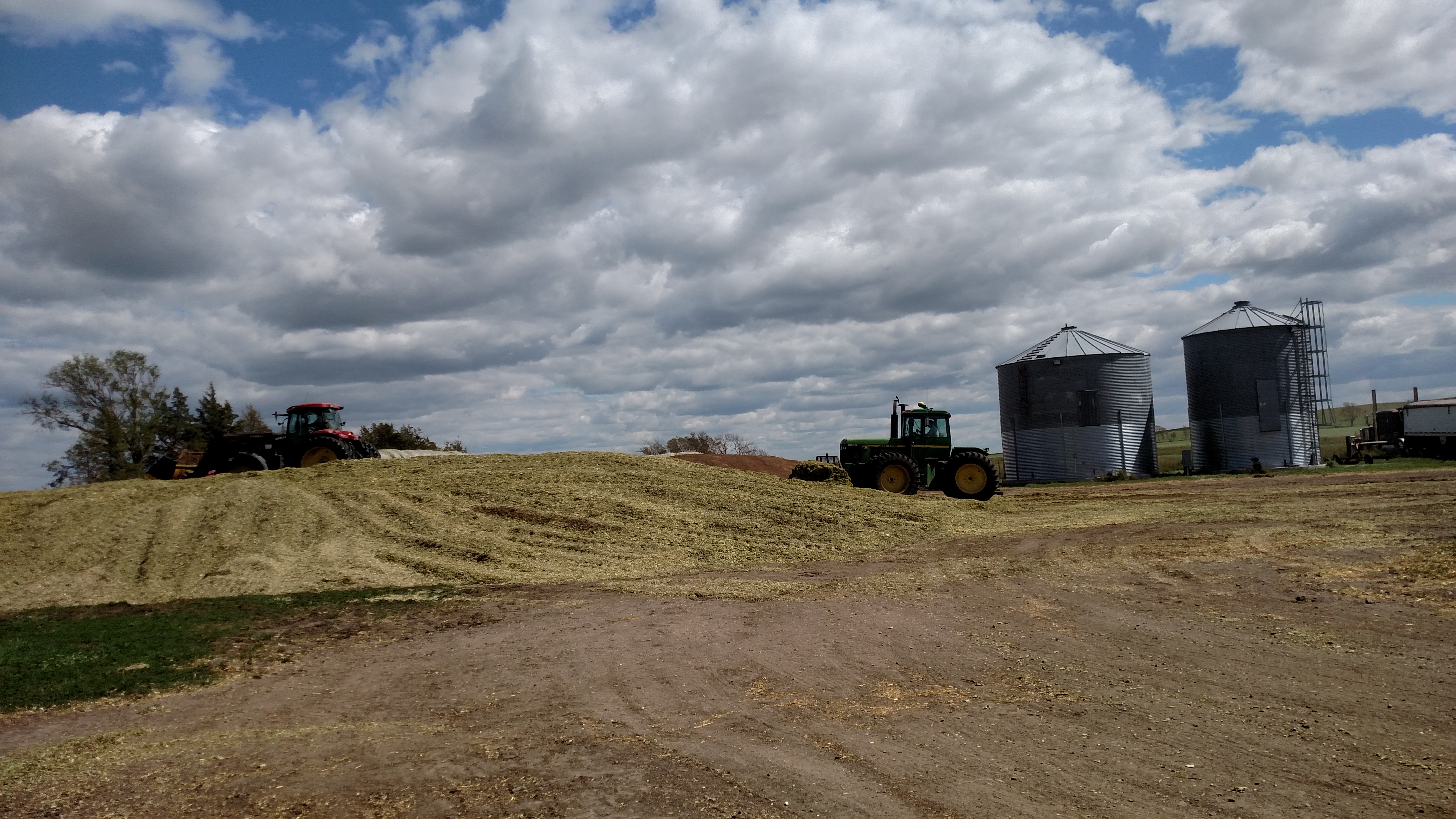
Salvaging for Silage: Tips to Minimize Loss, Maximize Value
August 09, 2021
With South Dakota rangeland and pastures rated 84% poor to very poor across the state, many cattle producers may be thinking about putting up silage for a feed source.
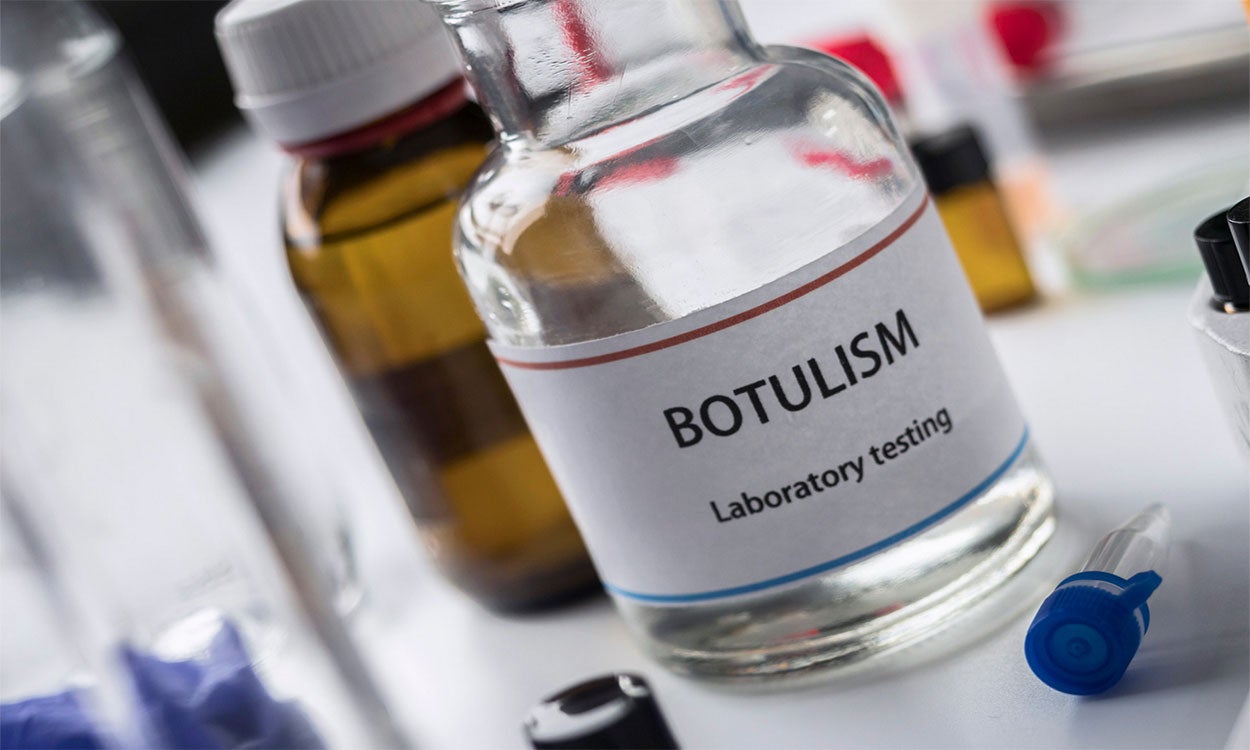
Canners Beware: Botulism
Botulism is a serious, rare illness that is caused by a toxin produced by the bacteria Clostridium botulinum. Botulism is a concern when it comes to canning and fermenting foods, as the anaerobic conditions can cause the Clostridium botulinum spores to create a harmful toxin.
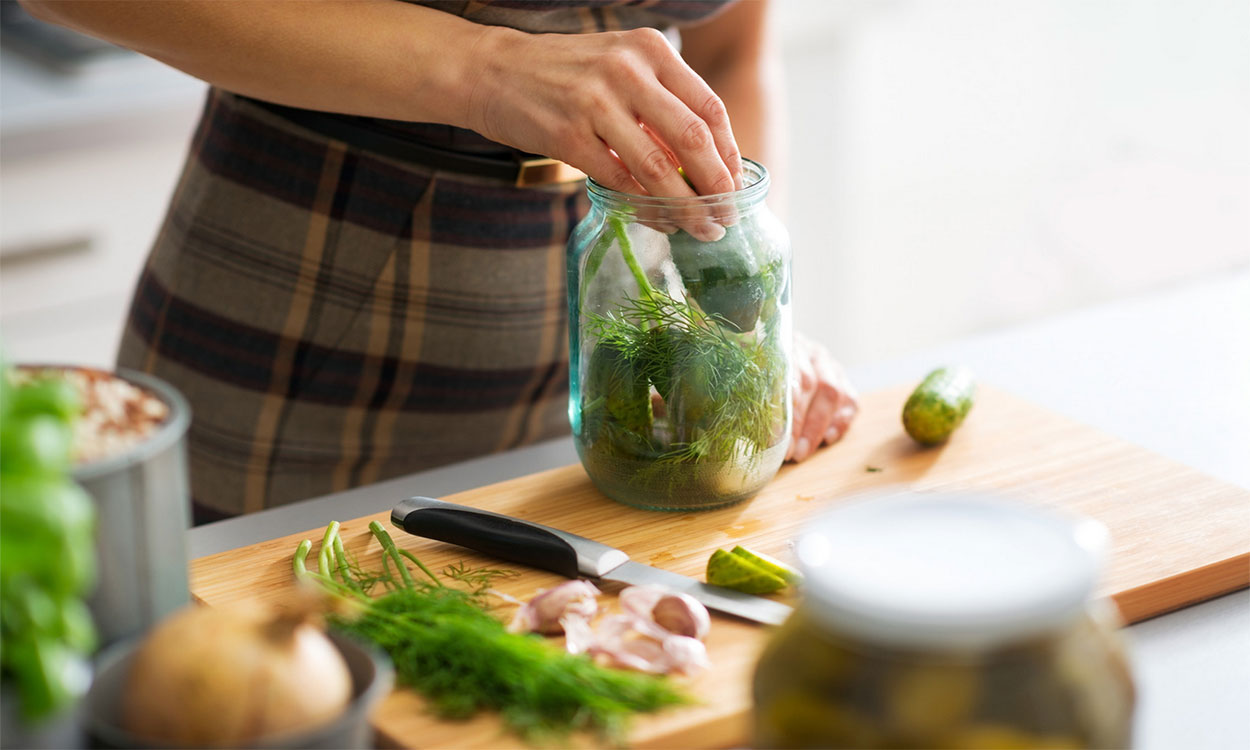
Modifying Canning Recipes
Understanding how swapping ingredients, adding ingredients, increasing or decreasing ingredients and making changes to processing plays a vital role in ensuring that home-canned products are safe.
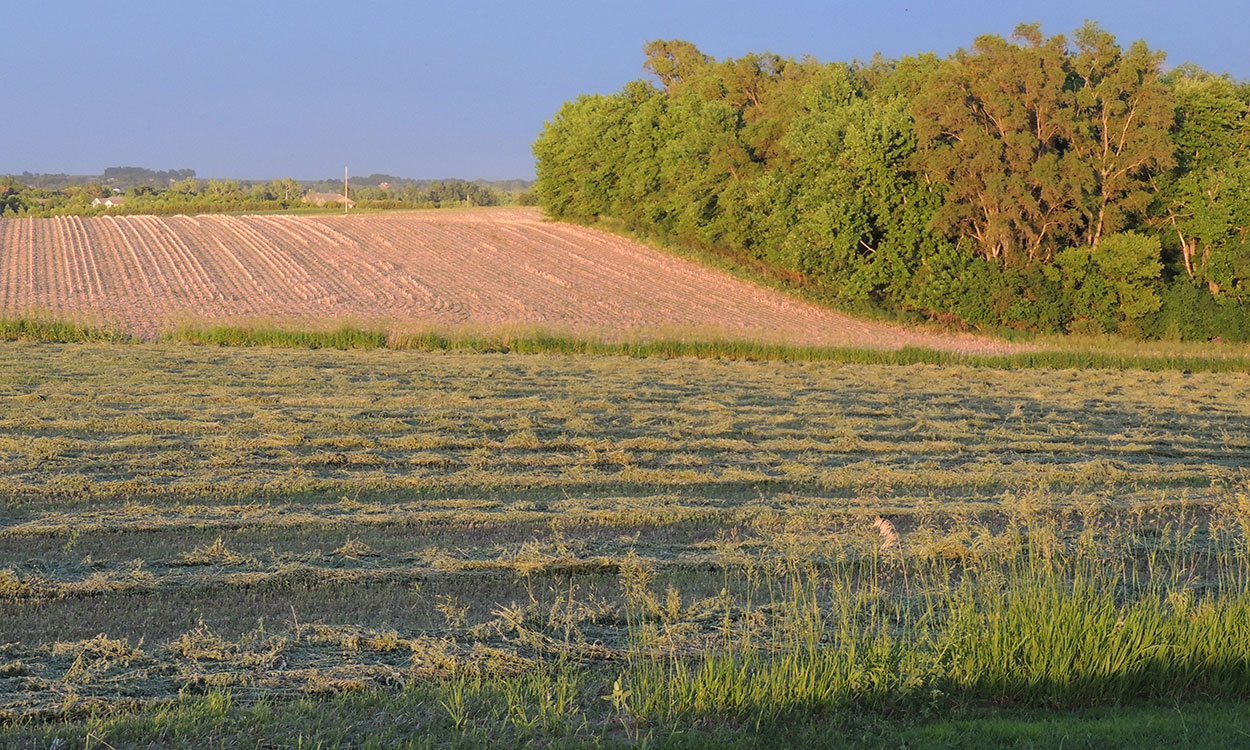
Forage Inventory and Demand Calculator
Calculator for inventorying livestock and forage on hand to determine additional forage purchase needs, or livestock sales.